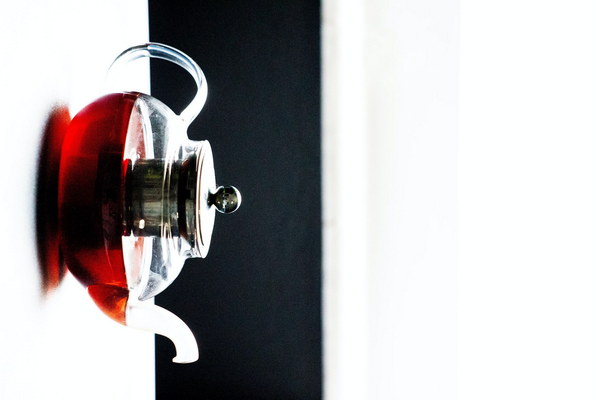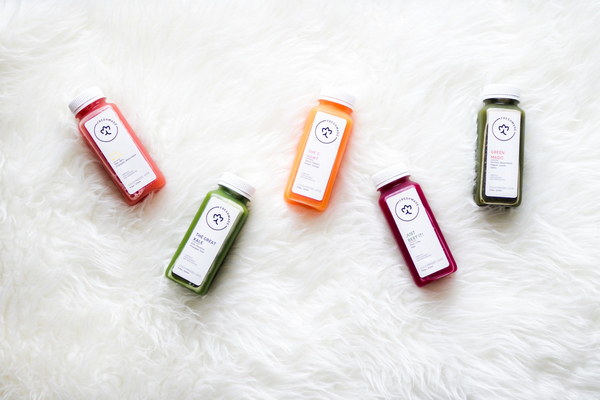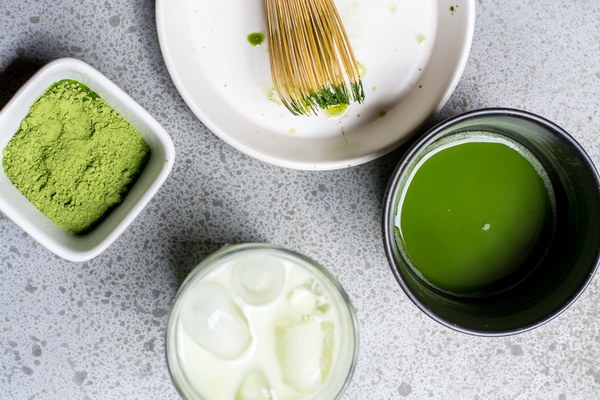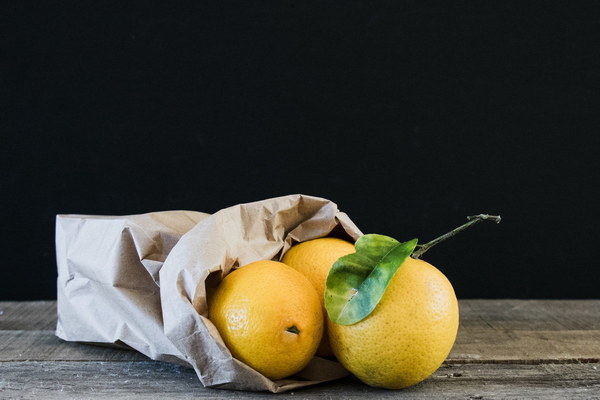Unwrap the Power of Ginger and Sichuan Pepper A Traditional Remedy for Dampness Relief
In the realm of traditional Chinese medicine, the combination of ginger and Sichuan pepper has long been celebrated for its ability to ward off dampness and enhance overall well-being. This natural remedy, steeped in history and folklore, offers a simple yet effective way to alleviate the discomforts associated with dampness. Let's delve into the science and practice behind this ancient healing duo.
Understanding Dampness in Traditional Chinese Medicine
In TCM, dampness is considered a common cause of illness, particularly in the rainy season or for those who live in humid climates. It is believed to manifest as a thick, sticky feeling in the body, leading to symptoms such as fatigue, joint pain, digestion issues, and even weight gain. The theory is that dampness obstructs the body's meridians, which are pathways through which Qi (vital energy) flows.
Ginger and Sichuan pepper are both revered for their warming properties, which help to dispel dampness and promote the circulation of Qi. By using these ingredients in your daily life, you can support your body's natural defense against dampness-related disorders.
The Healing Properties of Ginger and Sichuan Pepper

Ginger (Zingiber officinale) is a root herb that has been used in traditional medicine for thousands of years. It is known for its anti-inflammatory, antioxidant, and thermogenic effects. When it comes to dampness, ginger's ability to stimulate digestion and boost circulation makes it a powerful ally.
Sichuan pepper (Zanthoxylum piperitum), also known as Sichuan or Szechuan pepper, is a spice that is native to China and other parts of Asia. It has a unique aroma and a tingling sensation on the tongue, which is due to the presence of a compound called hydroxy-alpha-sanshool. This spice is renowned for its analgesic, anti-inflammatory, and carminative properties, making it an excellent choice for dampness-related discomforts.
How to Use Ginger and Sichuan Pepper for Dampness Relief
There are several ways to incorporate ginger and Sichuan pepper into your routine for dampness relief:
1. Ginger Tea: Grate fresh ginger and steep it in hot water for 10-15 minutes. Add a pinch of Sichuan pepper for an extra kick. Drink this tea regularly to help dispel dampness and boost your immune system.
2. Stir-Fried Vegetables: Add chopped ginger and Sichuan pepper to your stir-fried vegetables for a flavorful way to incorporate these ingredients into your diet. The warmth of the spices will help to stimulate digestion and reduce dampness.
3. Herbal Poultice: Combine powdered ginger and Sichuan pepper with a bit of hot water to form a paste. Apply this paste to the affected areas of your body, such as the lower back or abdomen, and wrap it with a warm cloth. Leave it on for about 20 minutes to relieve pain and improve circulation.
4. Spiced Rice: Incorporate a piece of fresh ginger and a pinch of Sichuan pepper into your rice when cooking. This simple addition can help to balance your body's energy and combat dampness.
5. Herbal Combinations: Consider combining ginger and Sichuan pepper with other herbs like cinnamon, turmeric, and astragalus for a more potent dampness-relieving effect.
Conclusion
The use of ginger and Sichuan pepper as a natural remedy for dampness is a testament to the enduring wisdom of traditional Chinese medicine. By harnessing the power of these simple ingredients, you can support your body's natural defenses against dampness-related conditions. Whether you enjoy a warm cup of ginger tea or add a touch of Sichuan pepper to your meals, these spices offer a delicious and effective way to promote health and vitality.









